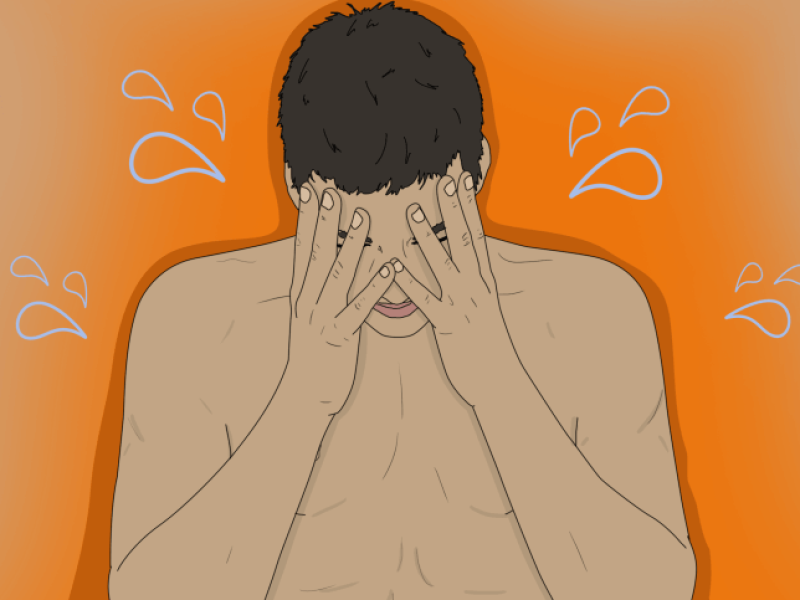Today we have a tiny number of true sexual compulsives who do things like getting repeatedly arrested for public masturbation. We also have a large number who fear or believe or have been told they’re sex addicts. But oddly, when surveyed about what purported addicts actually do sexually, they don’t have any more sex or any wilder, less controlled sex than boatloads of people who feel certain they’re psychologically fine.
…
The number one symptom of “sex addiction” is masturbation to porn. But how much is too much? There’s no consensus. Everyone is sexually unique. If you’ve had more than one lover, were any two erotically identical? The more researchers explore human sexuality, the more diversity they find. And if everyone is sexually unique, beyond sex the legal system defines as criminal, who’s to say what’s normal or abnormal, healthy or harmful?
…
Several studies have explored effective treatment for those convinced they’re sex addicts. The best approach is cognitive (a.k.a. cognitive behavioral) therapy. Cognitive means thinking. Cognitive therapy recognizes that severe distress can result from mistaken thoughts. By correcting faulty thinking, cognitive therapy reduces distress—and the behaviors distressed individuals use to cope.
Read full, original post: The Rare Truth About Sexual Compulsivity































